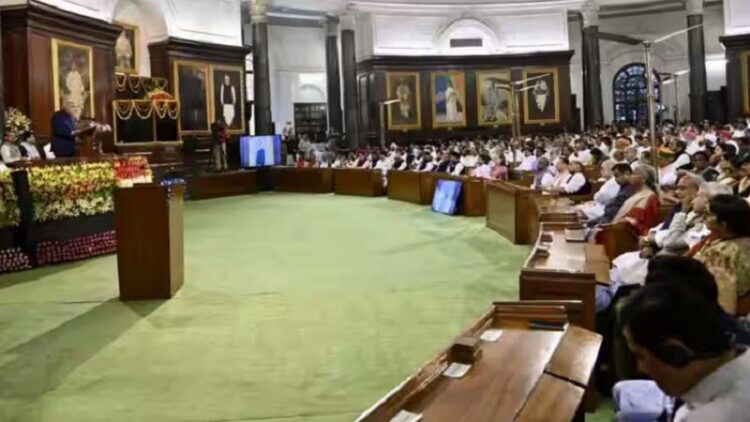New Delhi: Since the start of the special session in Parliament, the Women’s Reservation Bill has been a prominent topic of discussion. This bill’s primary objective is to allocate one-third of the seats in both Lok Sabha and Assembly elections to women. Here, we’ll explore key aspects of the Women’s Reservation Bill, which holds the distinction of being the inaugural bill in the new Parliament House.
- The Women’s Reservation Bill, if passed, will result in a substantial increase in the number of women Members of Parliament (MPs) in the Lok Sabha. Currently, there are 82 women MPs in the lower house of Parliament, but with the introduction of this bill, this number is set to surge to 181. The core objective of the bill is to provide 33 percent reservation for women in both the Lok Sabha and state legislatures, thereby enhancing the representation of women in the highest decision-making bodies of the country.
- One noteworthy provision of the bill stipulates that one-third of the seats reserved for Scheduled Castes and Scheduled Tribes should also be allocated to women from these categories. However, it is crucial to note that the Women’s Reservation Bill will not be implemented in the upcoming 2024 Lok Sabha elections. The bill outlines that the reservation for women will come into effect only following a re-determination of constituencies, ensuring a fair and effective transition.
- While the Women’s Reservation Bill strives to address gender disparities in the Lok Sabha and state legislatures, it does not extend to the Rajya Sabha and State Legislative Councils. Instead, its primary focus is on promoting gender parity and empowering women at the national and state levels of government.
- Advocates of the bill emphasise that it will significantly enhance women’s participation in politics, ultimately contributing to the broader national goal of making India a developed country by 2047. This monumental step, they argue, will empower women to have a more substantial say in shaping the nation’s policies and decisions.
- For the Women’s Reservation Bill to become law, it requires approval from at least 50 percent of the states, highlighting the importance of securing broad-based support among the nation’s diverse regions and populations.













Comments